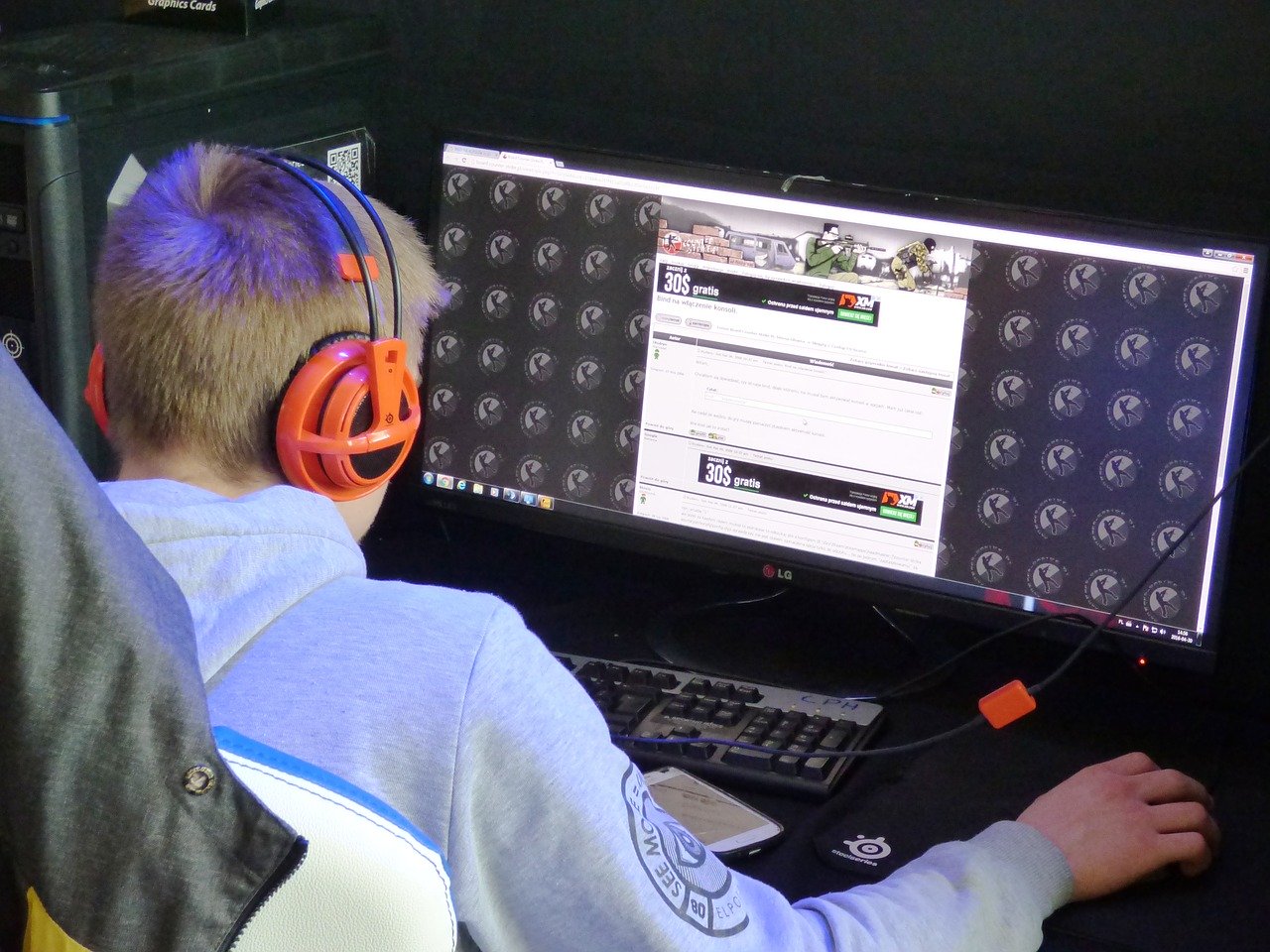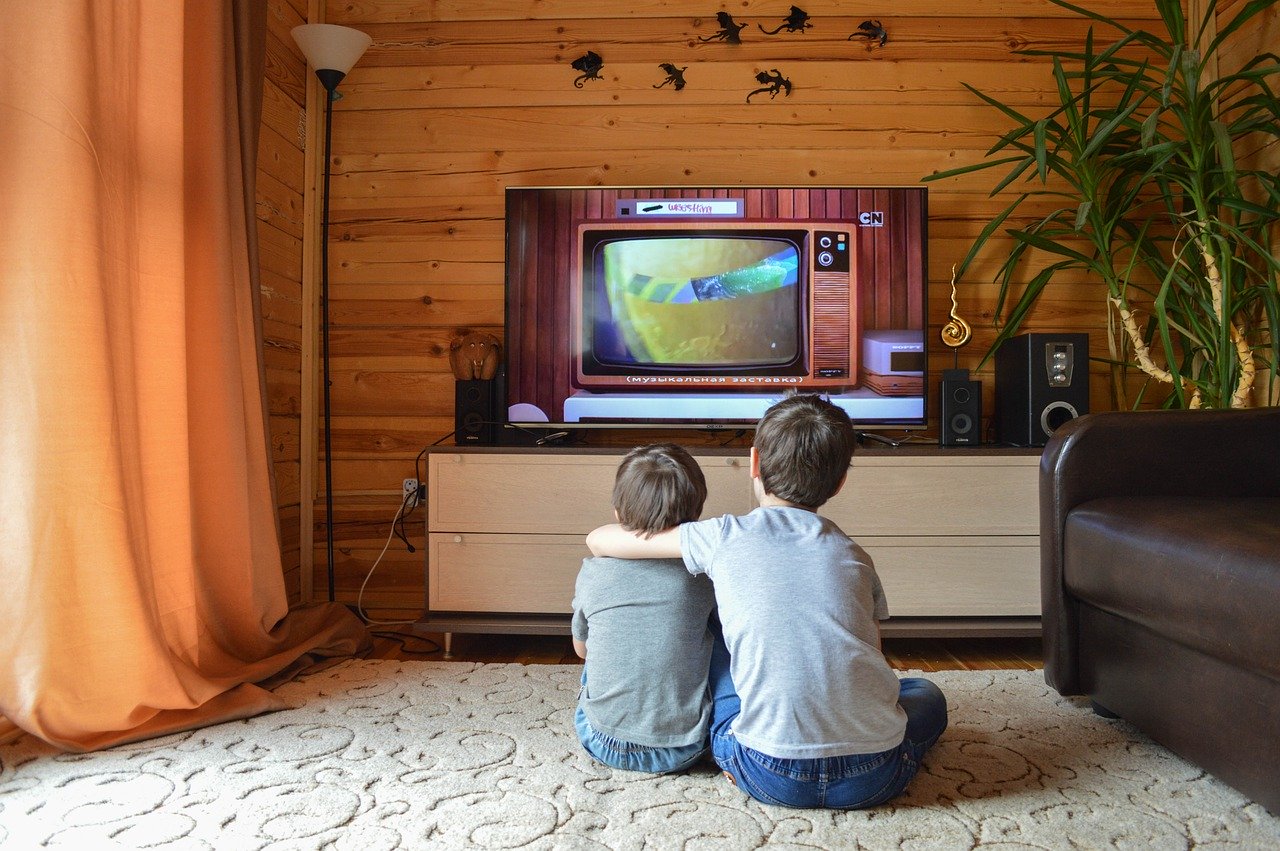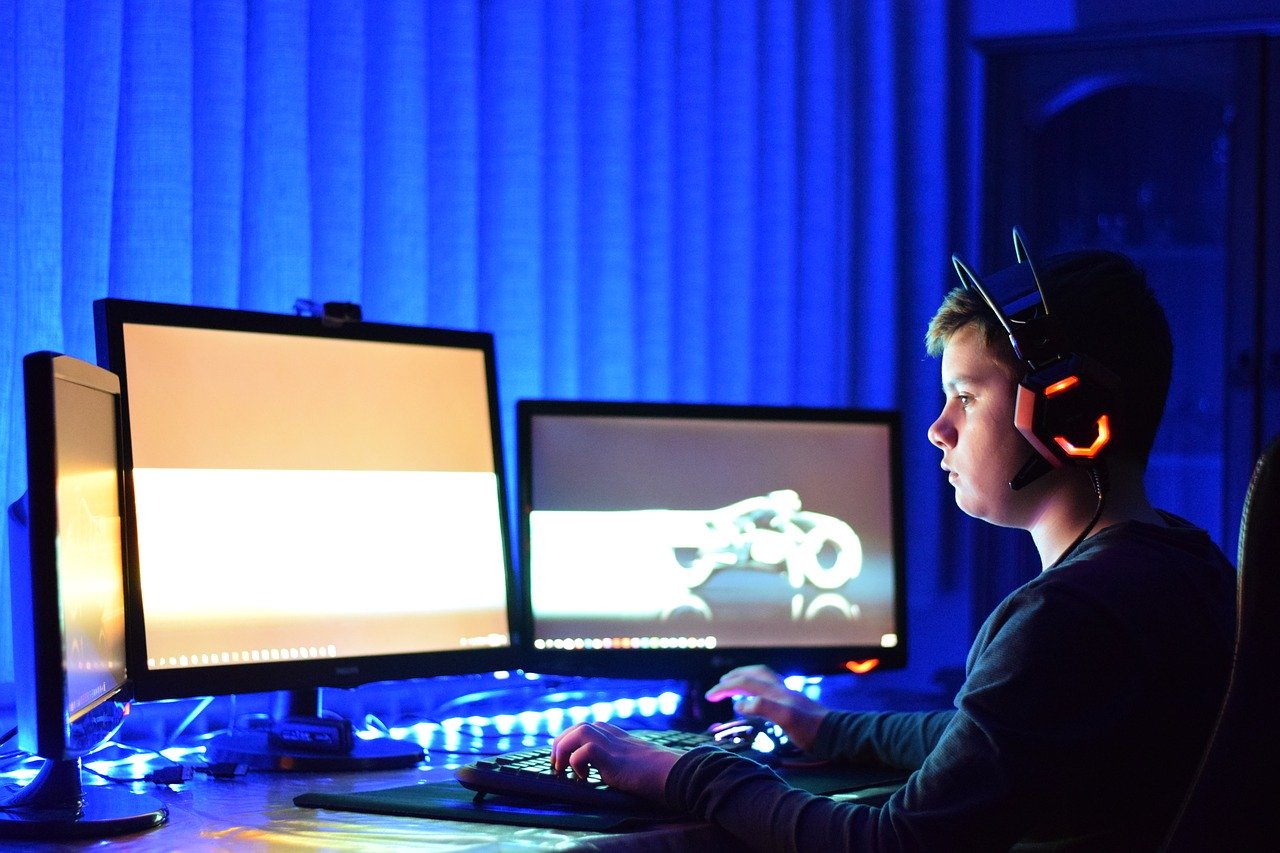In March 2020 researchers from Canada published the results of their study to assess whether a non-active lifestyle or sleep predicted lipid profiles in children over a 2-year period. A … Read more
Increased screen time, particularly computer use, appears to be associated with a small increased risk of anxiety and depression in young adults
In January 2019 researchers from the UK published the results of their study to assess the association between screen use and anxiety and depression in young people. A total of … Read more
Adolescent girls who watch television with high levels of relational aggression, eg soaps, reality television, etc, appear to send texts with a higher level of aggression whereas for boys it is the time they spend watching television in general which appears to predict the level of aggression in texts
In May 2019 researchers from the USA published the results of their study to assess the association between relational aggression on television and relational aggression in text messaging. Relational aggression, … Read more
Face-to-face interaction is required for young children to develop an understanding of emotions, with a greater amount of time spent watching television in girls and on gaming in boys leading to a reduced understanding of emotions
In September 2019 researchers from Norway published the results of their study to assess the association between screen usage and a child’s understanding of emotion. (Emotion understanding is generally defined … Read more
Sleep and dietary patterns, technology and internet usage, perinatal factors, breastfeeding, birth delivery mode and exercise all appear to have an effect on the amount of impulsive behaviour seen in children and adolescents with attention deficit/hyperactivity disorder
In September 2019 researchers from Spain published the results of their study to assess the association between weight, birth attributes, exercise and sleep habits, dietary intake and impulsive behaviour in … Read more
Greater technology use appears to be associated with more sleep-wake problems and less time in bed in all adolescents, but the association between the amount of technology usage and teacher-rated daytime sleepiness only appears to be seen in adolescents with attention deficit/hyperactivity disorder
In June 2019 researchers from the USA published the results of their study to assess the differences in types and amount of technology used by adolescents and its association with … Read more
Scientists, public health practitioners and parents need to better understand the content of their child’s screen time, how they use screens to fulfill specific needs, and how their interaction with screens has an impact on their health and choices
In May 2020 researchers from the USA published their review on the association of extended television viewing with obesity in adolescents. The researchers stated that on a global basis, adolescent … Read more
Mental health issues in adolescence are linked to compliance to lifestyle recommendations in childhood, with a greater compliance to recommendations for diet, physical activity, sleep, and sedentary behaviour leading to fewer mental health issues
In May 2019 researchers from Canada published the results of their study to assess the association between meeting established recommendations for diet, physical activity, sleep, and sedentary behavior in childhood … Read more
Reduced physical activity with a greater sedentary lifestyle appears to increase the risk of ear, nose and throat medical conditions in children and adolescents
In February 2020 researchers from Poland published the results of their study to assess the association between physical activity with the development of ear, nose and throat medical conditions. Information … Read more
There appears to be a significant association between increased screen viewing time and reduced sleep duration in young children, with the association being stronger in those aged 6 months and below
In January 2019 researchers from Singapore, USA and Germany published the results of their study to assess the association between screen viewing time and sleep duration in children aged 2 … Read more
Children who spend more time watching television appear to achieve a lower skill level in language, whilst adolescents who spend a longer time watching television or playing video games tend to achieve a lower overall academic performance
In September 2019 researchers from Spain, Paraguay and Chile published their review of the medical scientific literature to assess the association between screen media use and academic performance in children … Read more
The healthy eating community on Instagram appear to have a higher incidence of orthorexia nervosa symptoms
In June 2017 researchers from the UK published the results of their study to assess the links between social media use, in particular Instagram, and symptoms of orthorexia nervosa (an … Read more
Frequent exposure to the light spectrum produced by flashes when taking selfies may cause skin damage and increase the rate of skin aging
In December 2018 researchers from Iran published their review on whether light from smartphones and light produced when taking selfies can cause premature aging and wrinkles. As a result of … Read more
Outdoor activity reduces the risk of childhood near/short sightedness
In May 2019 researchers from the USA published their review on the cause of near/short sightedness in childhood. Today’s popular press is filled with reports of children’s digital device use … Read more
Individuals who use mobile phones extensively appear to experience headaches slightly more frequently – but not if Global System for Mobile Telecommunications technology is being used
In July 2019 researchers from Finland, Sweden, UK, France, The Netherlands and Denmark published the results of their study to assess the association between amount of mobile phone use and … Read more
Researchers call for governments, public health authorities and healthcare professionals to warn the population that having a mobile phone next to their body is harmful and to support measures to reduce all exposures to radiofrequency electromagnetic radiation
In August 2019 researchers from Canada, USA, Sweden and Australia published their review on the risks to health and well-being from radiofrequency electromagnetic radiation from mobile phones and other wireless … Read more
Radiofrequency electromagnetic radiation, such as that produced by mobile phone technology, may have an adverse effect on behaviour
In August 2019 researchers from the United Arab Emirates, Saudi Arabia, Finland and India published their review on the effects of radiofrequency electromagnetic radiation on the brain and behaviour. The … Read more
Radiofrequency electromagnetic radiation, from sources such as mobile phones and base stations, has been classified by the International Agency for Research on Cancer as a possible human carcinogen despite study results not being consistent
In March 2019 researchers from Poland published their review on the mobile phone radiation and its effect on health. The researchers stated that exposure to radiofrequency electromagnetic radiation, from sources … Read more
A 30-minute exposure to mobile phone radiation appears to have a significant effect on cognition, especially in individuals with epilepsy
In March 2019 researchers from Egypt published the results of their study to assess the effect of mobile phone radiation on cognition in individuals with epilepsy. A total of 30 … Read more
Depending on the breathing rate, mobile phone use may affect heart rate variability
In October 2018 researchers from Hungary published the results of their study to assess heart rate during short-term 1,800MHz GSM mobile phone exposure. A total of 20 healthy individuals were … Read more




















